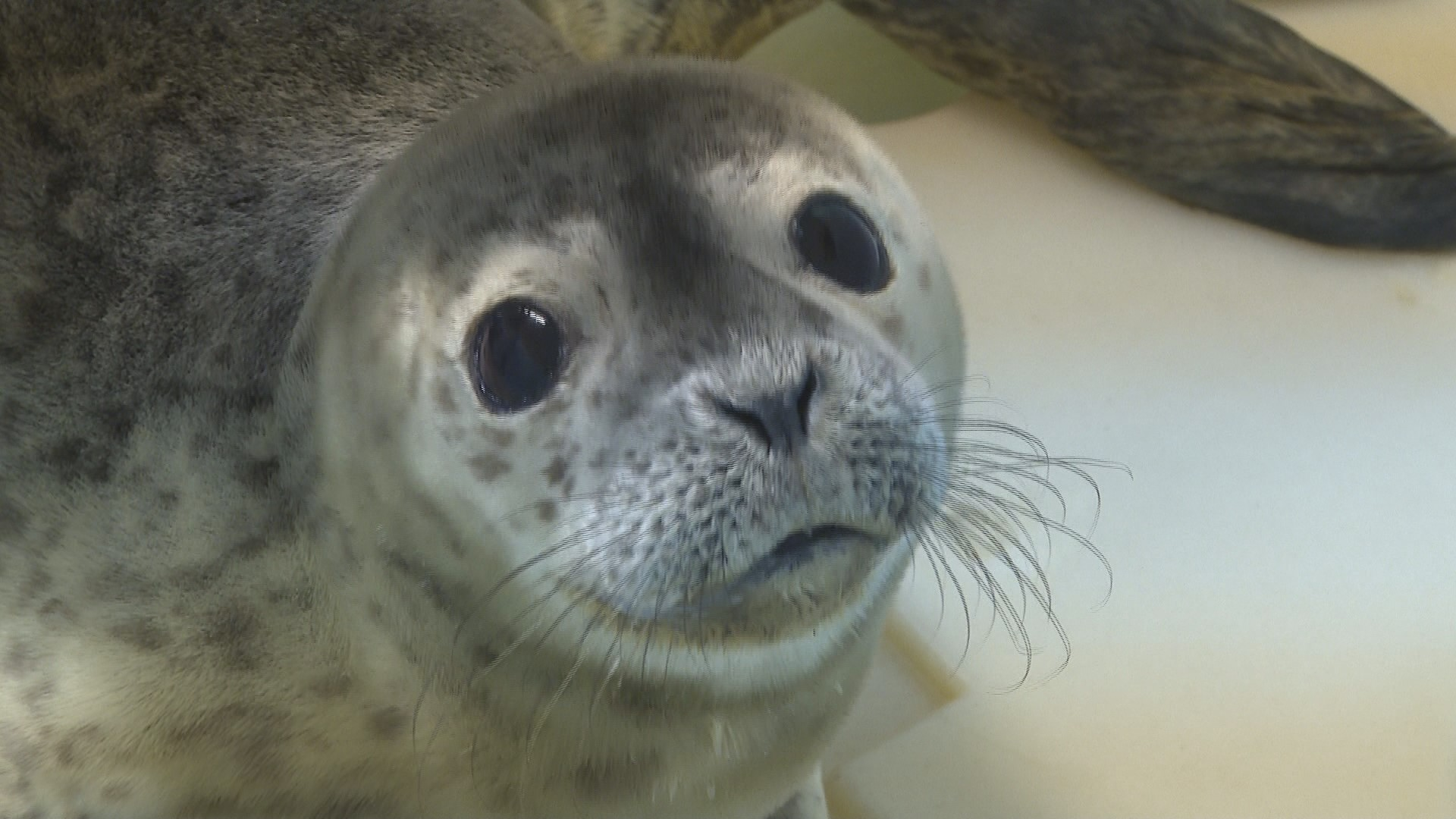MAINE, USA — The National Oceanic and Atmospheric Administration staff said Wednesday that there have been 92 seal strandings off the coast of Maine since May 10. It's news that comes amid a rising number of seals that have been found to have contracted avian influenza.
This report comes after Maine's Department of Agriculture, Conservation, and Forestry veterinarians issued new warnings earlier this week about the Avian flu killing more birds, including domestic birds and resident wild birds, in the state this year than in years past.
It was reported recently that a group of 20 non-commercial backyard birds got infected on June 28, according to the USDA.
Dr. Michele Walsh, the state veterinarian with DACF, told NEWS CENTER Maine that the increase in deaths of resident wild birds living in Maine year-round indicates this strain of bird flu is more infective than in years past.
Marine Mammals of Maine, an NOAA Fisheries authorized "marine mammal stranding network partner," says they are responding to seal strandings at a rate three times higher than what is normal this time of year.
"While marine mammal strandings frequently occur, there are some cases, such as this one, where an unusually high number of live or dead animals may come ashore in a short period of time in the same geographic area," Ainsley Smith, regional marine mammal stranding coordinator with NOAA Fisheries, said.
Lynda Doughty, executive director of Marine Mammals of Maine, said the organization has been closely tracking the concerning trend.
"We keep track if we start to see an increase or influx of strandings in our area, which is what we recently discovered starting in June," Doughty said.
Normally, Avian flu outbreaks tend to taper off during the summer months and return in the fall for wild birds, according to Walsh. However, this does not seem to be the case, as the outbreak is now extending into other wildlife areas, such as seals, during the surge.
Eight samples from seals found stranded were sent to a lab to be tested, Doughty said, and four of them came back positive for H5N1, the strain of avian influenza that has impacted millions of birds and other species since the start of the year.
"That availability of the virus has now led to some mammals being exposed in North America," Bryan Richards, USGS National Wildlife Health Center emerging disease coordinator, said. "I think eight species of the terrestrial or scavenging mammals, and now seals along the Maine coast."
NOAA Fisheries and other experts in the field hosted a virtual press conference Wednesday to discuss their findings. Richards, who took part in the virtual press conference, said there isn't evidence right now that seals are spreading avian influenza to each other.
While experts continue to research this increase in Avian flu among seals, they say that you should keep your distance.
"Especially in the case of marine mammals, to stay at least 150 feet away for your health and safety, your pet's health and safety, and seals' well-being as well," Smith said.
If you see a sick, injured, or dead seal in Maine, please call the Maine Marine Animal Reporting Hotline at 800-532-9551. To report seal strandings south of Maine, please call the NOAA Fisheries Stranding Hotline at 866-755-6622.

